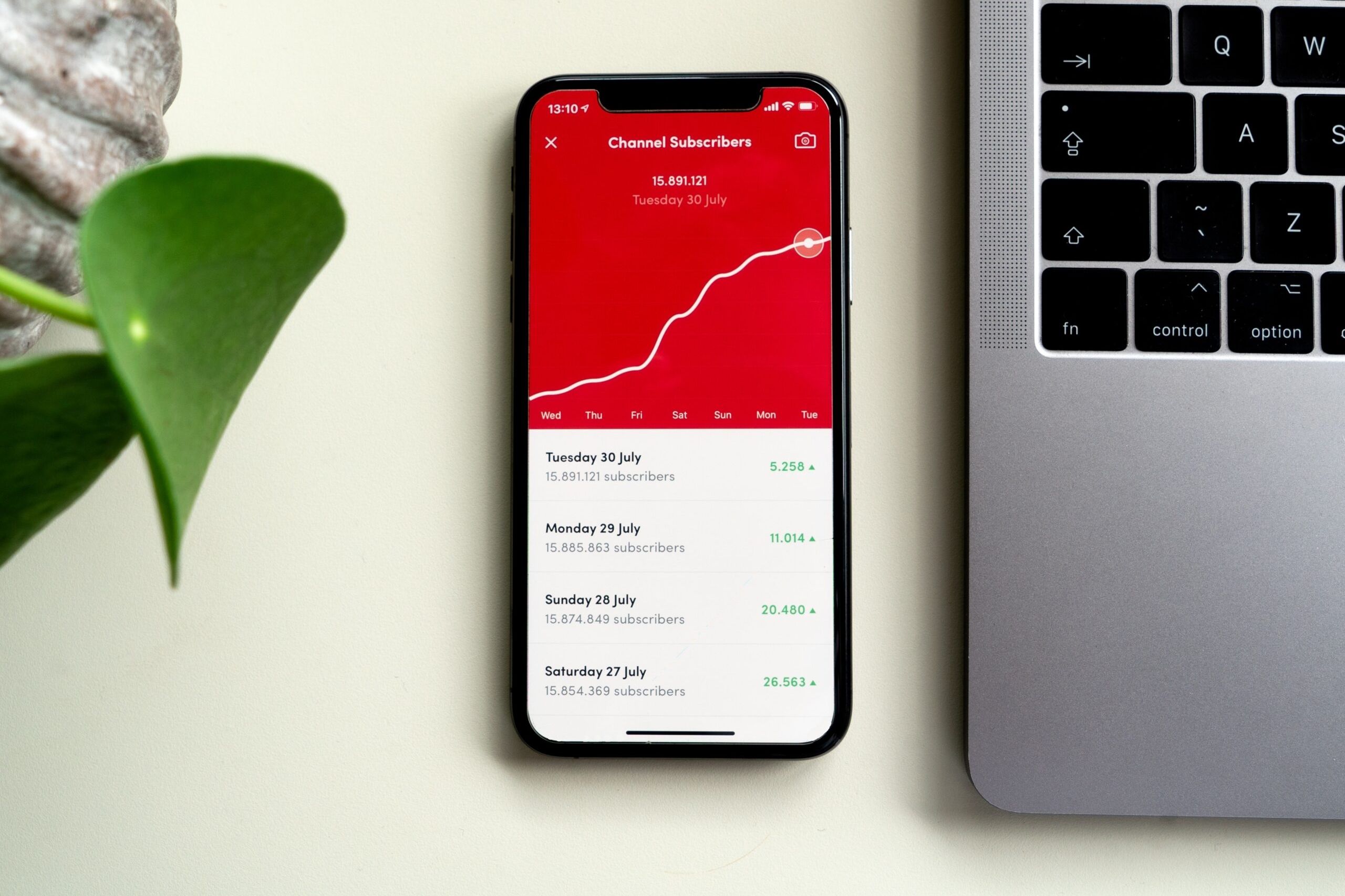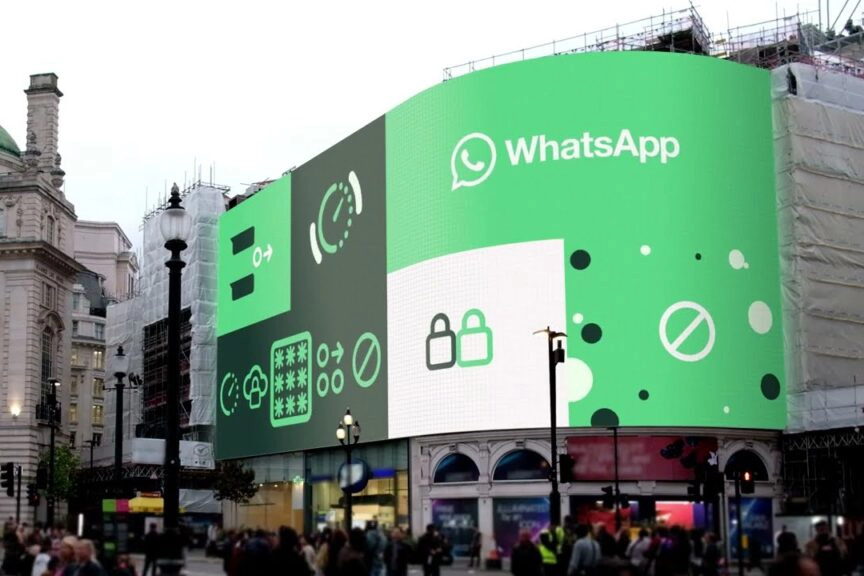Important Ways to Drive Organic Traffic with SEO
With search engine algorithms changing all the time with new updates and ranking criteria for content across the internet, it can be hard to stay on top of your SEO strategy and remain competitive across keywords and searches you currently rank for. It is also difficult to establish new content with so much competition and similar content out there, so how can you drive more organic traffic with SEO? Let’s take a look…
Firstly, what is organic traffic? Organic traffic refers to the users who find your website through a search engine such as Google or Bing who usually find your content as a result of searching for specific keywords or phrases which your content aligns to and ultimately ranks. The process of creating content which gains more organic traffic is SEO (Search Engine Optimisation).

Mobile First Strategy
With so many users now accessing websites and the internet via mobile devices, serving your content is a view which is optmised for these users is now best practice and can be a means to improve your current rankings across your content. In 2019, Google enabled mobile-first indexing which showcases the emphasis and strength that mobile-first content holds and ultimately gets ranked as a result. More about mobile-first indexing. Optimising your content for mobile is a great starting point to provide your users with the best experience possible across all mobile devices. A mobile-first future, requires mobile-first content to be served as standard to improve user experience and performance throughout.
Keyword Strategy
A keyword strategy is important, don’t just hunt for popular keywords across your market! This is important in gaining a foothold amongst your online audience and ranking your content across a broader and more specific audience while allowing for less competition for those same keywords from others sites. Google and other search engines will identify your site as a destination for a particular niche or subject area, which will help to boost your content in searches and find the ideal user for your site.
Using keyword research enables you to target the best and most valuable queries and keywords to your brands which will drive the most traffic, most likely to engage and stay on your site. Researching also allows you to identify particular areas and niches within your market which you can create content for which then ranks for it accordingly. Don’t write content you think people want to see, but write content that people are searching for!
Regularity/Consistency
Regular content creation is essential to building a site which drives organic traffic not only today, but well into the future. Regularity and consistency in blogging and creating useful content will help to establish your brand or site across many different topical areas and niches while also adding to your existing bank of content which helps to establish trust with users who will return to your site for it’s wealth of knowledge and content.
Regularly updating content across your site will also help to re-establish your articles and news content as the information changes overtime. This could be in the form of adding content in, new videos, images and information which relates to the latest up to date content and news. Changing your titles, meta descriptions and keeping it up to date has more value than a lot think. Keep on updating and creating regularly for success!
User Experience
Having an outstanding user experience is key to gaining and keeping people on your site, a poor experience will be negatively impacted and thus be ranked lower than that of content which is displayed and optimised for users. Keeping on top of your user experience is essential to the long-term success of your site and content while also being key to driving organic traffic throughout your site after they land.
Looking at user journeys, call-to-actions, engagement and page performance are just some metrics to be investigated to see how well of an experience you are currently providing to your users. Page speed slow? A user will leave your site and find the information elsewhere if they have to wait too long for the page to load. Poor experience and hard to find information? A user won’t travel through your site in search for other content if it is too hard to navigate. Make it as easy as possible for a user to find and consume your content across all parts of the site for an improved user experience.
More interesting content...
Like this story? Share it on your social media...
For more of the latest content, why not subscribe to our mailing list...






